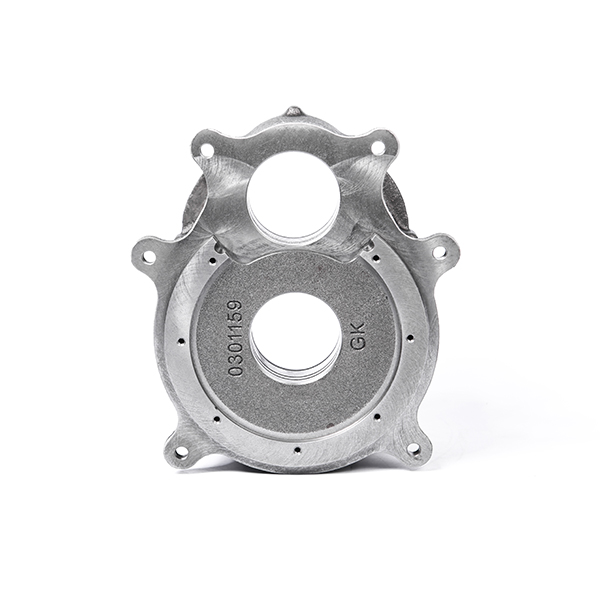Mobile:+86-311-808-126-83
Email:info@ydcastings.com
Apr . 29, 2024 14:19
Back to list
Gearbox Choosing the Right Material for a Industrial Gearbox: Factors to Consider
Latest news
-
Materials Used in Manufacturing Cap End Pipe FittingsNewsNov.24,2025
-
Material Properties of CF8M CastingNewsNov.24,2025
-
How to Inspect Pump Cap Ends for DamageNewsNov.21,2025
-
Backward Curved Impeller – Efficient Airflow Solutions for Industry | YD CastingsNewsNov.21,2025
-
Automobile Water Pump - Efficient, Quiet, Durable & ElectricNewsNov.21,2025
-
Impeller for Pumps – High-Efficiency, Durable, OEM-ReadyNewsNov.21,2025
Related PRODUCTS












